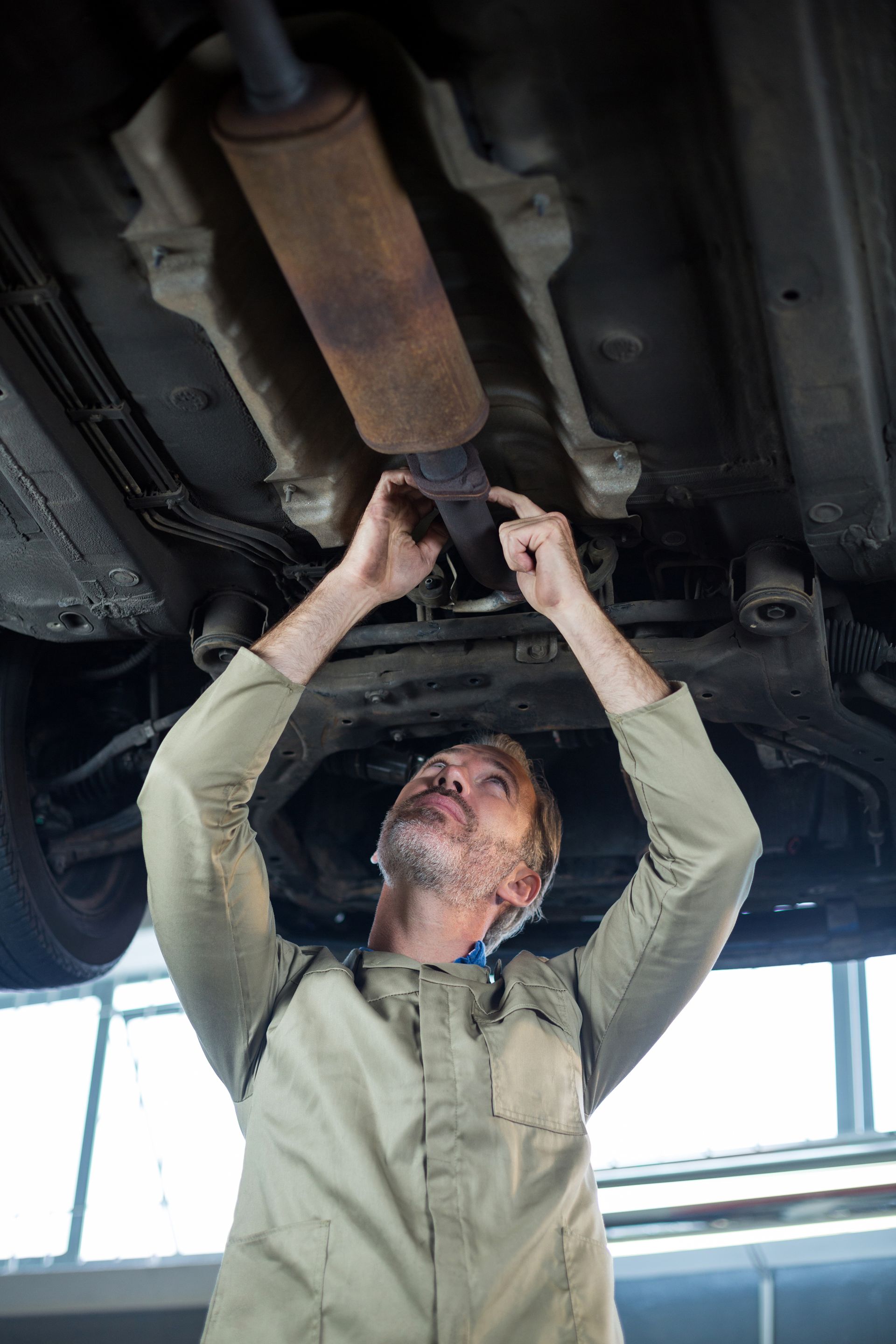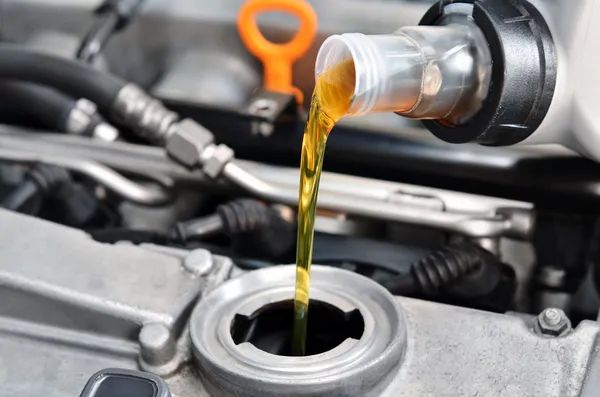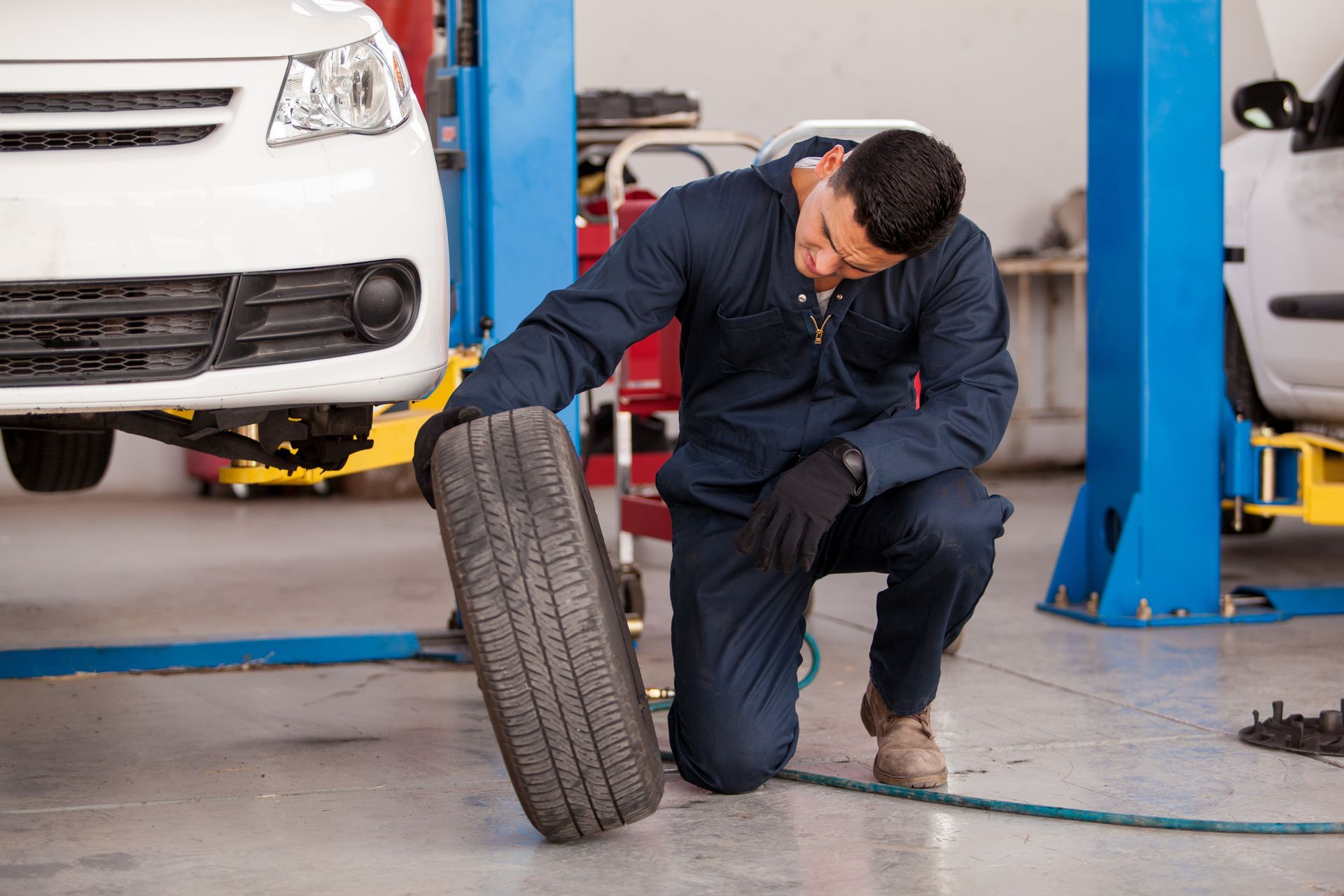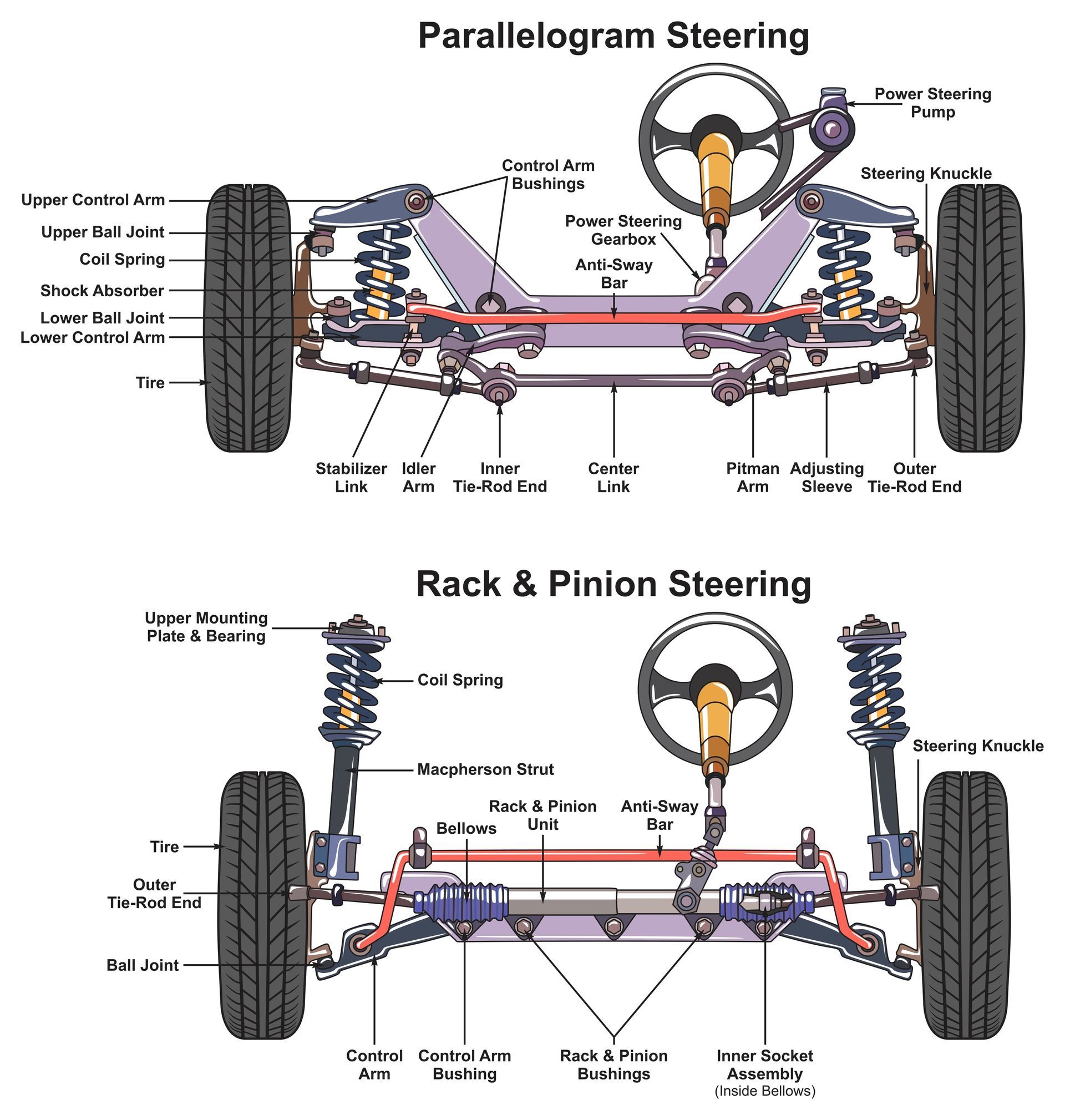You see a red light looming ahead, or someone spontaneously swerves into the lane, in front of you. Your natural response? You reach for that trusty pedal under your foot - the brake. Yet, how much do we really know about this vital component of our daily drives? Let's delve into the intricacies of what happens when you press that pedal and bring tons of metal to a graceful halt.
THE HIDDEN MECHANISM BEHIND A SIMPLE PRESS
The brake system is nothing short of a masterpiece of engineering ingenuity. Composed of several key components that work in concert, it utilizes both hydraulic pressure and mechanical force to ensure your safety on the road. Let's break it down step by step.
STEP 1: THE PEDAL
The journey starts when your foot exerts pressure on the brake pedal. This seemingly mundane action triggers a lever mechanism that amplifies your leg force before transmitting it to the master cylinder – think of it as dispatching an emergency signal to mobilize the rest of the system.
STEP 2: HYDRAULICS TAKE ACTION
Inside the master cylinder resides brake fluid. When you apply pressure to the pedal, this cylinder gets squeezed, pressurizing the fluid within. This liquid messenger then races through a series of tubes and hoses – known as brake lines – reaching each wheel's individual braking unit.
STEP 3: AT EACH WHEEL'S DOMAIN
At this stage, we witness a divergence; vehicles typically use disc brakes for front wheels and either disc or drum brakes for rear wheels.
In Disc Brakes
For vehicles with disc brakes, this pressurized fluid enters a caliper (a clamp-like device), forcing it to squeeze pairs of pads against a rotor (the disc), attached directly to each wheel. This friction slows down the wheel and eventually stops it.
In Drum Brakes
In contrast, if drum brakes are present in rear wheels, they operate slightly differently. Here, brake shoes are forced outward against a spinning drum attached to the wheel.
Both these processes convert kinetic energy into thermal energy via friction – essentially using heat generation as an invisible barrier slowing down your car's momentum.
STEP 4: VACUUM ASSISTANCE
Most modern vehicles come equipped with power brakes or vacuum-assisted brakes that utilize engine vacuum power to amplify braking force further, so you don't have to be Hercules whenever you need to stop abruptly.
ENSURING SMOOTH STOPS EVERY TIME
Regular maintenance is critical for ensuring this complex choreography is performed flawlessly every time you need it. Checking brake pads for wear and tear, ensuring fluids are topped up and free from contamination keep this unsung hero ready for action.
FAQS ABOUT BRAKE SYSTEMS
Q1: HOW OFTEN SHOULD I REPLACE MY BRAKE PADS?
Brake pad longevity varies based on driving habits and environment but typically ranges between 25,000-70,000 miles. Listening for screeching sounds or checking for decreased performance as indicators of worn-out pads needing replacement is essential.
Q2: WHAT CAUSES MY BRAKES TO FEEL SPONGY WHEN I PRESS THEM?
Spongy or soft brakes usually indicate air in the hydraulic lines or low brake fluid levels – both can compromise braking efficiency and should be inspected by professionals immediately.
Q3: CAN DRIVING STYLE AFFECT MY BRAKE SYSTEM?
Absolutely! Aggressive driving can lead to more frequent hard stops, which increase wear on brake components, while smooth and anticipatory driving habits extend their lifespan significantly.
If you've noticed any issues with your brake system, make sure to give us at Elite Auto Experts a call so we can schedule you for a visit and fix the issue!










